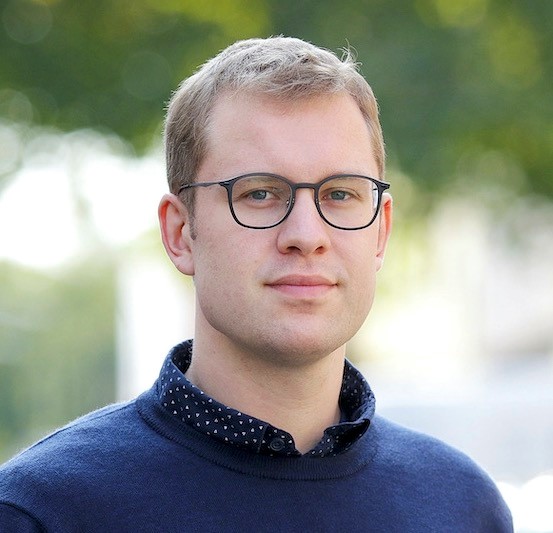The deadline for this funding line has passed. We are no longer accepting applications.
Desired outcome
Establish a network for Quantum Information and Gravity in the region of German-speaking countries.
Background
Quantum information theory and gravity are both well-established fields, each rooted in significant theoretical advancements – quantum information theory in quantum mechanics and gravity in general relativity and its generalizations. Over time, several research avenues, such as semi-classical methods and string theory, have linked these disciplines. Despite these developments, many fundamental questions concerning a unified description of nature remain unresolved. Discovering such a theory in combination with experimental advancements could lead to a breakthrough of Copernican proportions. To advance this goal, we aim to establish a productive research network in the German-speaking region, fostering collaboration between experts in quantum information and gravity. The kickoff to this funding line will be a Sandpit workshop, where new ideas and collaborations can be identified. This workshop is an invitation-only event hosted at our premises on November 11-12, 2024. Participation at the sandpit neither excludes other candidates from applying to this funding line nor indicates any funding decision by the foundation. The sandpit hosts experts to discuss and brainstorm the subject in an active, interdisciplinary, collaborative format. We prioritize research projects that:
- Are innovative and original: Your idea should be novel and unique.
- Offer scientific added value: Your project should aim to make significant advances in mathematics, computer science, and natural sciences.
- Are future-oriented: Your research should provide long-term solutions to current and future scientific challenges.
- Are interdisciplinary: We welcome projects that combine different scientific disciplines and perspectives.
- Think outside conventional approaches: Projects that may not fit standard funding criteria, such as those of DFG or BMBF, are especially encouraged.

